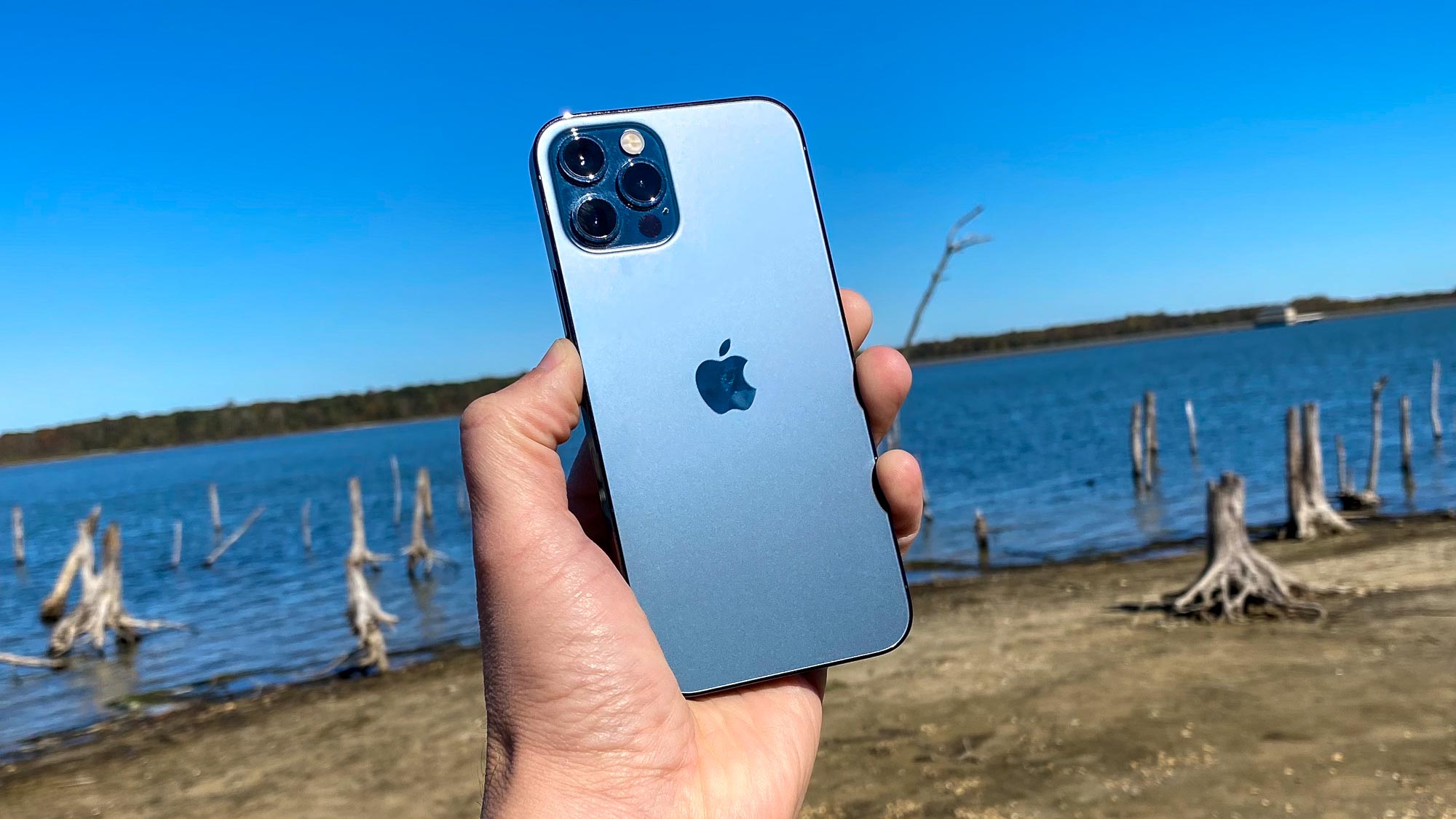Forget iPhone 13 — the iPhone 14 will get this huge upgrade
The 2022 iPhone will use a 4nm chip, analysts say

Here at Tom’s Guide our expert editors are committed to bringing you the best news, reviews and guides to help you stay informed and ahead of the curve!
You are now subscribed
Your newsletter sign-up was successful
Want to add more newsletters?

Daily (Mon-Sun)
Tom's Guide Daily
Sign up to get the latest updates on all of your favorite content! From cutting-edge tech news and the hottest streaming buzz to unbeatable deals on the best products and in-depth reviews, we’ve got you covered.

Weekly on Thursday
Tom's AI Guide
Be AI savvy with your weekly newsletter summing up all the biggest AI news you need to know. Plus, analysis from our AI editor and tips on how to use the latest AI tools!

Weekly on Friday
Tom's iGuide
Unlock the vast world of Apple news straight to your inbox. With coverage on everything from exciting product launches to essential software updates, this is your go-to source for the latest updates on all the best Apple content.

Weekly on Monday
Tom's Streaming Guide
Our weekly newsletter is expertly crafted to immerse you in the world of streaming. Stay updated on the latest releases and our top recommendations across your favorite streaming platforms.
Join the club
Get full access to premium articles, exclusive features and a growing list of member rewards.
The iPhone 12 may only just be arriving in early buyers’ pockets, but Apple is already working on both 2021’s iPhone 13 and the handset to follow in 2022.
According to TrendForce’s analysts, Apple is planning on switching to SoCs manufactured using the 4nm process for the A16 chip powering the iPhone 14.
- The best iPhones you can buy
- iPhone 13: Everything you need to know
- PLUS: It looks like the Galaxy Note is dead — good
“Based on current data, Apple is highly likely to continue manufacturing its A16 SoCs with the 4nm process technology,” the company writes. “This may lead TSMC to further expand its 5nm capacity at that time to fulfill high demand from clients.”
Reducing the size of chips is a good thing for a number of reasons, chiefly in terms of performance and energy efficiency. A physically smaller size means that electrons have shorter distances to travel, which in turn means that less power is lost to electrical resistance. In short: things are faster, more efficient and with less heat generated.
Apple has been aggressively pursuing smaller and smaller SoCs in its handsets, with 7nm chips in the iPhone 11 and 5nm ones for the iPhone 12. The M1 chips powering the brand new Apple Silicon Macs are also manufactured to 5nm specifications, and this size, TrendForce says, will persist into next year’s A15 chip – albeit with an improved process from chipmaker TSMC.
That doesn’t mean that the iPhone 13 isn’t something to look forward to, with a number of improvements already beginning to leak. For one thing, it looks like we’re finally getting that 120Hz screen that was rumored for 2020’s set of iPhone 12 Pros. The LTPO display rumored for the iPhone 13 Pro would be able to dynamically scale its refresh rate, meaning that it can adapt to a given situation (e.g: 1Hz for an always-on display; 120Hz for a twitchy first-person shooter.)
There’s also a rumor that the iPhone 13 will use soft board batteries with fewer layers than on previous generations. If this is true, then Apple could increase the mAh capacity of the battery without needing a larger phone – or it could even make the handset smaller and stick with the same mAh rating.
Get instant access to breaking news, the hottest reviews, great deals and helpful tips.
Hopefully, it will be the former though, because while the iPhone 12 and iPhone 12 Pro are very fine handsets, they have a clear Achilles' Heel: battery life. In our tests we found that both models have less stamina than their iPhone 11 equivalents – though 5G is mostly to blame. The iPhone 12 Pro Max is the one to get if you want the longest endurance.
Freelance contributor Alan has been writing about tech for over a decade, covering phones, drones and everything in between. Previously Deputy Editor of tech site Alphr, his words are found all over the web and in the occasional magazine too. When not weighing up the pros and cons of the latest smartwatch, you'll probably find him tackling his ever-growing games backlog. He also handles all the Wordle coverage on Tom's Guide and has been playing the addictive NYT game for the last several years in an effort to keep his streak forever intact.
 Club Benefits
Club Benefits











